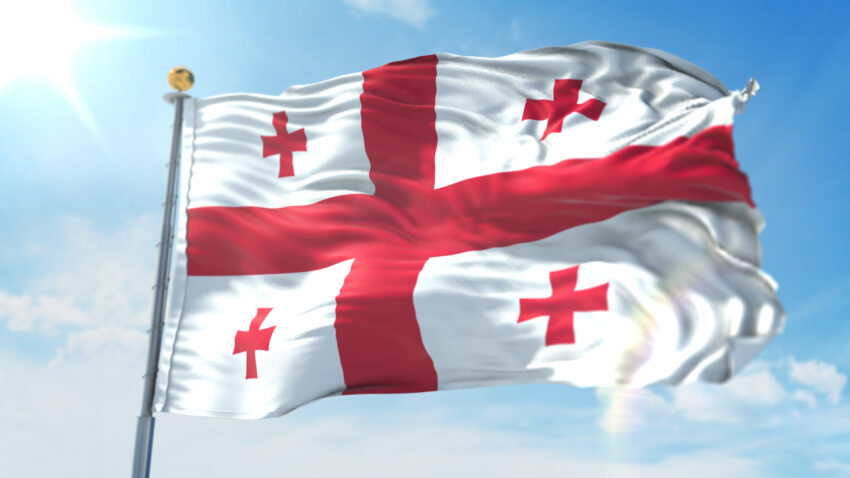In October 2021, the first round of Georgian elections resulted in the ruling Georgian Dream party winning 46.7% of the votes, while the opposition party – United National Movement – gained 30.7%. As no candidate triumphed with more than 50 percent of all votes, the election will move to a second round.
International political commentators warned that despite the elections being well managed, they were tainted by allegations of voter intimidation, the buying of votes, and coercion tactics placed on voters and candidates.
The Media in Georgia
Prior to the October elections, and according to leaked documents to key media outlets, the Georgian State Security Service (or SSG) had been actively – and secretly – observing journalists, opposition party politicians, political activists, and other public figures.
At least six journalists working with government critical minded media outlets have stated that they have recognized their private and professional conversations documented in the leaked ‘security briefings.’ Illegal wiretapping has been previously identified as one of the key problems during pre-election, especially concerning media representatives.
In early July 2021, dozens of journalists and camera operators became the subject of large scale roughness and brutality actions. This day was specifically organized for the ‘March for Dignity’ peace rally. Although it was supposed to occur in Tbilisi, violent groups targeted media representatives. They inflicted physical injuries on the peaceful participants and purposefully broke their media equipment to prevent coverage from occurring. According to official sources, a total of fifty-three media representatives representing over ten media outlets were hurt. Some journalists were even admitted to local hospitals suffering from severe injuries.
In response to these violent acts, the Georgia Ministry of Internal Affairs detained only twelve suspects. While the news correspondents could recognize additional assailants in the available video footage, only these twelve individuals were arrested.
The violation of Georgian journalists’ rights has reached a critical juncture. According to the Georgian media, the government has failed to guarantee the safety of all media representatives as these – and prior attacks on journalists – have gone largely unpunished.
The July 2021 incident highlights an increasingly agitated atmosphere within Georgia, with media employees warning that they have been oppressed with little or no official protection. The Media Advocacy Coalition denounced the incident and asserted that it was the result of the antagonistic politics of the ruling party.
Political Motivation against ex-Defense Minister David Kezerashvili
Just prior to the Georgian local elections, the Defense Ministry filed a lawsuit against the director and founder of the rival Formula TV channel David Kezerashvili. Kezerashvili is a former Georgian defense minister, serving from 2006 to 2008.
According to Kezerashvili’s lawyer, the decision to review and file the old case before the elections served only to place direct pressure on the media. The opposition and key non-governmental sectors backed this assertion. Gigi Tsereteli – one of the leaders of the European Georgia party – also considered the lawsuit against Kezerashvili to be politically motivated.
According to Tsereteli, the ruling government was doing everything it could to initiate other corruption cases against the representatives of the previous government. Therefore, both old and new evidence was incriminating to use as their main tool against their political opponents.
The Georgian Media in 2022
Ruling government representatives have steadfastly refused to appear on specific media outlets. Specifically, those outlets that have been openly critical of the current government and its practices. In response, journalists have claimed that this action has hampered their professional ability to report on current and political affairs competently.
Interestingly, Prime Minister Irakli Garibashvili refused to invite journalists from media organizations that have been critical of both himself and his party to a recent public event. He all but accused them of outright bias reporting and accused them of discrediting his government and himself. They have ‘crossed all political red lines,’ he has stated.
The online discrediting and smearing campaign against certain journalists continues in Georgia. During the recent pre-election period, numerous online web pages and blogs devoted to the election became particularly active. Most, if not all, of these sites discredited the opposition and key supporting journalists with language and rhetoric that was less than flattering.
The current regime appears to believe that political survival trumps all other considerations. Garibashvili and his team seem to be actively pursuing the following: exert firm control over non-complementary media outlets, ditto with the judicial system and election processes. All to maintain their power and authority in the elected Georgian government.


